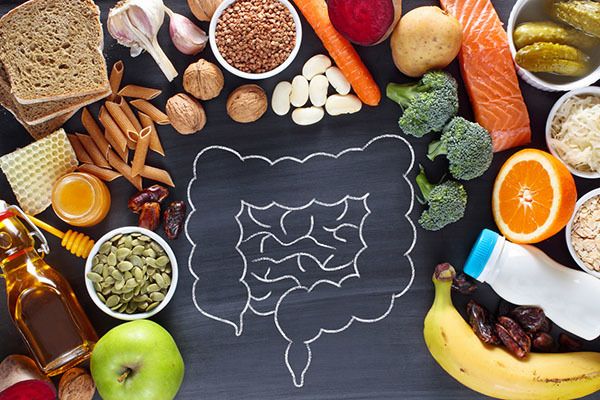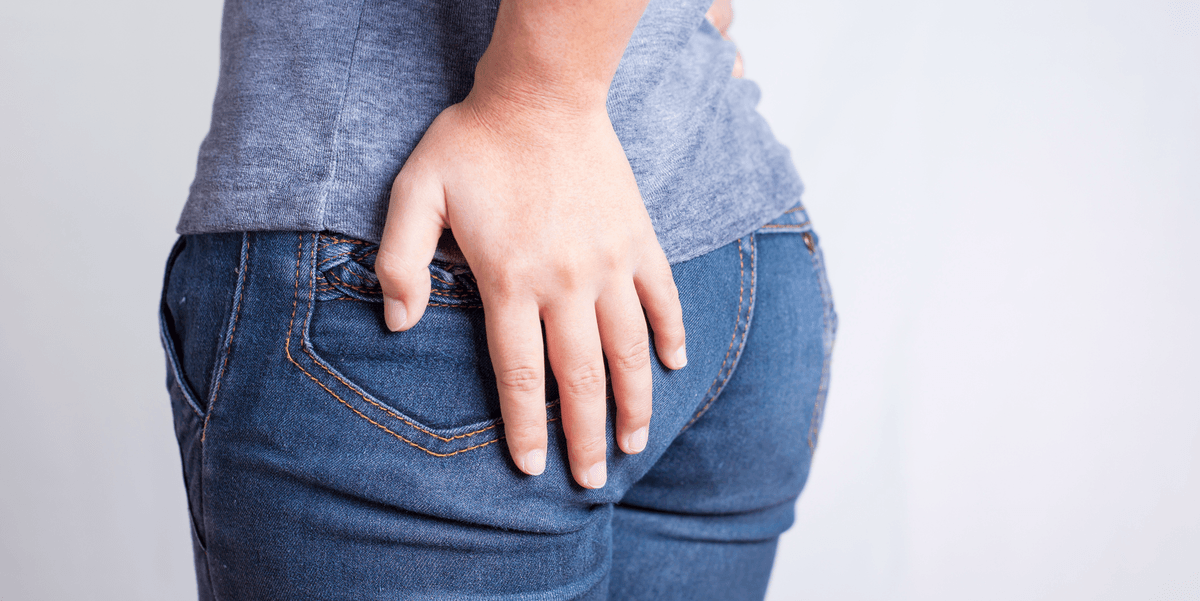Treatment for Hemorrhoids
Hemorrhoids
Prevention of Hemorrhoids
6/13/2024
Fiber: Your Ally Against Hemorrhoids
What is fiber and how does it help prevent hemorrhoids?
- Types of fiber
- The role of fiber in the management of hemorrhoids
- Consuming fiber as part of the treatment of hemorrhoids
When one talks about health and wellness, to “eat your vegetables” has always been on the top list of reminders. Why is this? Well, simply put, vegetables are rich in vitamins and minerals. However, there’s another component of vegetables that is equally important as vitamins and minerals, but our body can’t digest. And for this reason, it helps our body in many ways. It’s commonly known as fiber. Unlike other nutrients, fiber can passively course through your digestive tract until it is excreted, relatively unchanged.
Types of Fiber
There are two types of fiber: soluble and insoluble fiber. Soluble fiber, like its name, is able to combine with water to become a gel-like substance. It has a role in decreasing blood sugar and cholesterol levels in the body. This type of fiber can be found in abundance in citrus fruits, oats, apples, peas, barley, psyllium and carrots.
Insoluble fiber, on the other hand, is plentiful in nuts, beans, cauliflower, potatoes, green beans, whole wheat flour and wheat bran. This type of fiber aids in bowel movement through compounding in on itself and other undigested substances and digestive byproducts in the stomach, intestines, and bowels. These compressed masses of fiber create bulk, and together with peristalsis—the natural contractions of the different muscles which are responsible for the movement of food—help propel the waste products through and out of our system. This bulking effect of dietary fiber gives us that “full feeling” in our stomachs, resulting in less food intake...
Hence, an increase in dietary fiber prevents constipation.

The Role of Fiber in the Management of Hemorrhoids
This role of fiber in the maintenance of a regular and healthy bowel movement is the reason why it plays a major role in the treatment and management of hemorrhoids. Hemorrhoids were originally thought to be the anal counterpart of varicose veins. However, in recent years, studies seem to reject this theory because it has been discovered that anorectal varices are distinct from hemorrhoids. Instead, it is said that hemorrhoids are the result of the disintegration of supporting structures of the anal cushions area. This causes the displacement of the submucosal tissues which result in venous dilation or widening of the veins; destruction of the collagen fibers and fibroelastic support of the tissues; as well as the rupture of some of the arrangement of anal muscles. Prolonged straining and constipation, secondary to the defecation of hard fecal material, can cause destructive effects on the anal region resulting in the development of the symptoms of hemorrhoids.
Since constipation, abdominal straining, and the passing of hard stool in the anal mucosa can cause these harmful changes, it is necessary for a person suffering from hemorrhoids to undergo dietary modifications, especially since this treatment is economical, accessible and non-invasive. One of these dietary changes is increase in fiber intake. In fact, according to clinical studies, increasing the amount of fiber in people with hemorrhoids resulted in a decrease of their symptoms and bleeding.
Consuming Fiber as Part of the Treatment of Hemorrhoids
Oftentimes, a fiber supplement is considered to be an effective solution to manage hemorrhoids and its symptoms. However, it must be noted that dietary management is best used alongside other treatment methods advised by doctors, especially in the case of prolapsing hemorrhoids or hemorrhoids and other more severe grades of hemorrhoids. Treatment for cases such as these would most likely include pharmacological regimens. An example of these are oral flavonoids, which are widely accepted treatment of hemorrhoids especially in Europe and Asia. They act by improving the vascular tone, reducing capillary permeability and other anti-inflammatory effects. According to randomized trials, these flavonoids are particularly effective in reducing the risk of bleeding, persistent pain, severe itching, and recurrence rate of hemorrhoids. Diosmin + Hesperidin (Daflon1000) is a notable oral flavonoid because of its distinctly micronized purified particles. Meaning the active ingredients are better absorbed by the body.
In summary, dietary fiber is a very important component of our diet and will yield an abundance of positive effects on our health and well-being. Thus, it is important to gain a lot of it through eating fruits, nuts, vegetables and in certain circumstances, fiber supplements. Doing so is notably important in people with hemorrhoids, but keep in mind, these diet modifications must be done in conjunction with other treatments and medication like the over-the-counter drug Diosmin + Hesperidin (Daflon 1000) and with the guidance of your trusted health professional. To know more about hemorrhoids and Daflon 1000, visit daflon.ph
References
- https://www.mayoclinic.org/healthy-lifestyle/nutrition-and-healthy-eating/in-depth/fiber/art-20043983
- https://www.ncbi.nlm.nih.gov/pmc/articles/PMC3342598/
- https://www.rima.org/web/medline_pdf/AmJGastroenterol2006_181%E2%80%938.pdf
- https://medlineplus.gov/ldlthebadcholesterol.html
- https://medlineplus.gov/ency/article/002399.htm
2026
